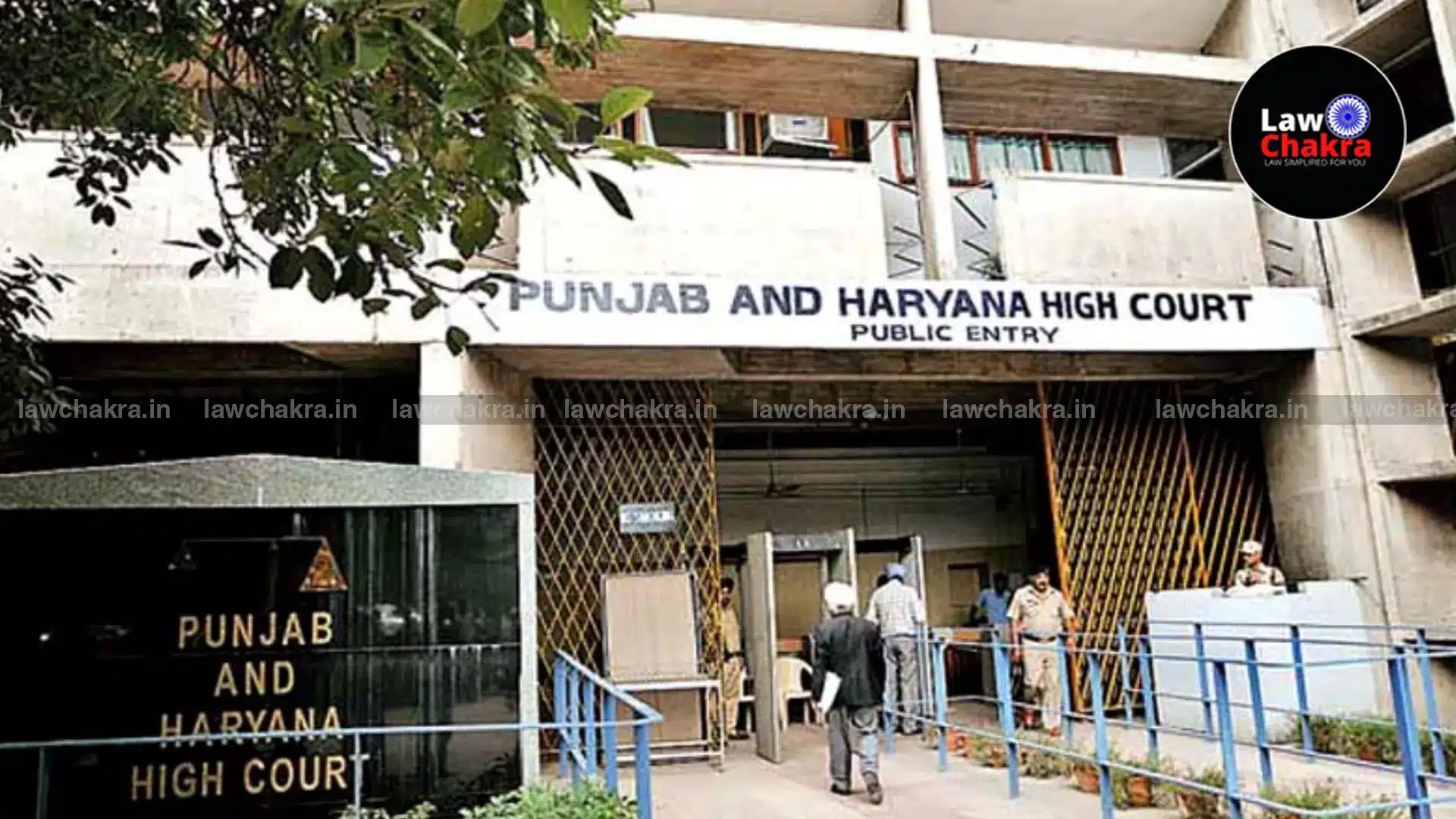Punjab Land Pooling Policy ‘Notified In Haste’, Says High Court While Halting Implementation

Thank you for reading this post, don’t forget to subscribe!
The Punjab and Haryana High Court stayed the state’s 2025 land pooling policy, flagging missing impact studies, no timelines, and lack of rehabilitation plans. The court said it was “notified in haste” without addressing key concerns.
Chandigarh: The Punjab and Haryana High Court has clearly explained why it decided to stop the Punjab government’s Land Pooling Policy, 2025. This order, which was passed on August 7 and released today, was given by a Bench of Justice Anupinder Singh Grewal and Justice Deepak Manchanda.
The judges listed many legal and procedural issues in the policy — such as no environmental and social studies, no fixed timelines, no grievance redressal system, and no clarity about the budget.
The court said it was
“prima facie… of the view that the policy appears to have been notified in haste”
without looking into important matters.
These matters included Social Impact Assessment (SIA), Environmental Impact Assessment (EIA), fixed timelines for carrying out the work, and a grievance redressal mechanism. According to the court, all of these
“should have been addressed at the very outset… before its notification.”
The judges noted that the Punjab government had planned to “take over tens of thousands of acres of fertile land” without doing any SIA or EIA first. This, they said, was against the directions of the Supreme Court, which had earlier made it clear that environmental studies must be done before allowing urban development.
The court referred to the case Resident’s Welfare Association vs UT of Chandigarh (2023), in which the Supreme Court had said that governments must ensure “a proper balance… between sustainable development and environmental protection” and had made EIA studies compulsory before any urban expansion.
The government had claimed that the scheme was voluntary, but the court pointed to Clause 6 of the May 14 notification, which allowed compulsory land acquisition under the 2013 land acquisition law if a landowner did not join the pooling scheme.
This meant that the policy would be treated as a “project” under the law and would require impact studies and other legal safeguards.
The Bench also raised concern that the policy had no plan for landless people such as farm labourers, artisans, MGNREGA workers and others who depended on the land for their livelihood.
ALSO READ: Punjab And Haryana High Court Dismisses PIL To Make Karwa Chauth Compulsory For All Women
The judges said,
“Payment of subsistence allowance has been provided to the land owners, but there is no provision for rehabilitation of those… dependent on the land.”
They also reminded that taking multi-cropped fertile land was not allowed under the 2013 law except in rare situations.
The court observed that the policy had no fixed timelines for important steps — like how long landowners could decide to join the scheme, when the government could take possession of land, when development would start or finish, when developed land would be returned to owners, or when subsistence allowance would be paid.
There was also no system for grievance redressal and no penalty for delays or failure to deliver.
The Amicus Curiae told the court that developing the land would cost around ₹1.25 crore per acre — which meant about Rs 10,000 crore for Ludhiana district alone. But the judges noted that the State’s lawyer had “no instructions” on whether there was any budget for this.
The judges also recalled that in the past, under other pooling policies, landowners had given up their land but waited for years without getting the promised developed plots.
They mentioned one case from Mohali where “developed plots have not been allotted even after ten years” and there had been no development in the relevant sectors.
The Bench pointed out that the land in question was “amongst the most fertile in the State of Punjab” and warned that its acquisition could “impact the social milieu”. They stressed that the policy should be carefully evaluated before moving forward.
The policy, which was notified on May 14 and June 4 and later amended on July 25, has now been stayed by the court “lest any rights are created”. The matter will be heard again on September 10, and the State has been told to respond to all the concerns and file its reply before that date.
Click Here to Read More Reports On CJI Gavai

